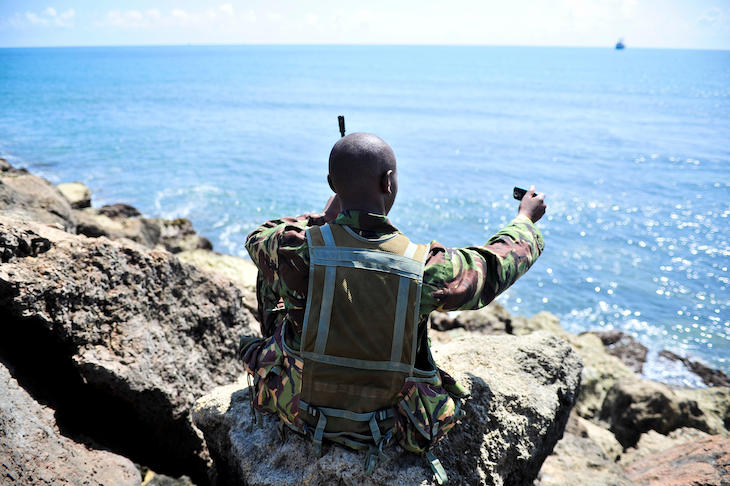While the UK government struggles to deliver reliable mobile coverage across some rural communities, Somalia – a country that hasn’t had a functioning central government for three decades – has built one of Africa’s most resilient telecommunications networks. As a British researcher who conducts fieldwork in Somalia, I’m often struck by an ironic reality: I can find more reliable mobile coverage in hard-to-reach Somali villages than in certain parts of Manchester, where I’m from. This connectivity paradox highlights how necessity can drive innovation in unexpected places.
Upon arriving in a new town or village in Somalia, I’ve grown accustomed to an intriguing sight: elders – the traditional authorities in Somali society – greeting me with a hangool, a traditional walking stick, in one hand and a smartphone in the other. It hasn’t always been this way. In previous decades, making international calls often meant crossing borders into neighbouring Ethiopia or Kenya.

Get Britain's best politics newsletters
Register to get The Spectator's insight and opinion straight to your inbox. You can then read two free articles each week.
Already a subscriber? Log in






Comments
Join the debate for just £1 a month
Be part of the conversation with other Spectator readers by getting your first three months for £3.
UNLOCK ACCESS Just £1 a monthAlready a subscriber? Log in